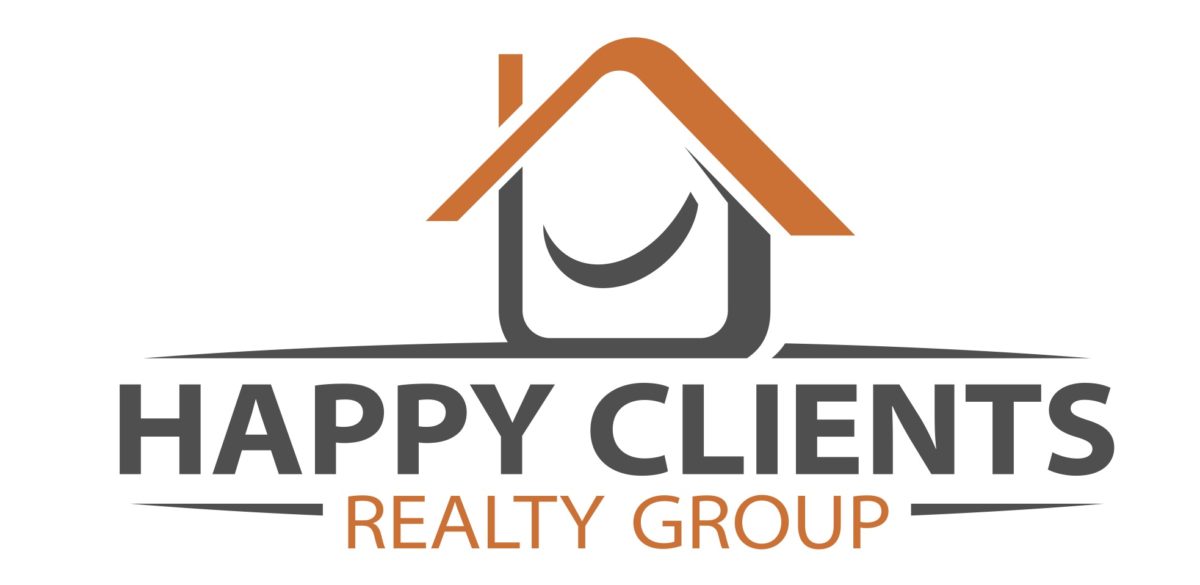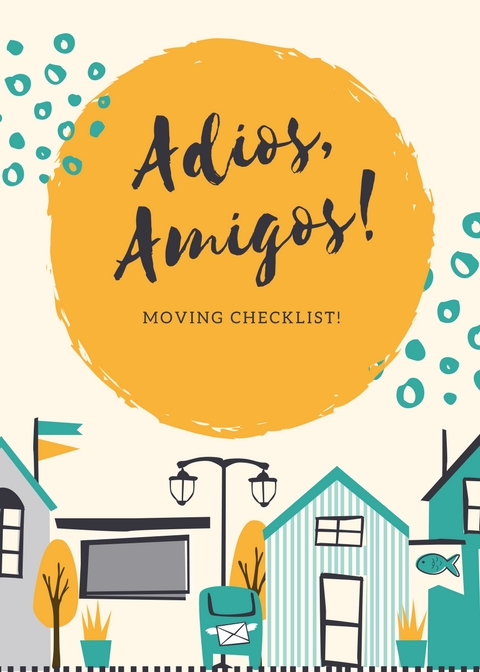I moved.
But, not to a new house. I moved to a new company. My own company. 🙂
I’m now an independent broker with Happy Clients Realty Group.
Not that the brand an agent/broker works at is entirely important for you. The brand that really matters is the agent/broker. It’s your real estate agent who’s ultimately responsible for providing you the best results and quality service.
As usual you can and should call me. Anytime. For any real estate need or question.
Here are some things that might come up. If you want more insight on any of these, give me a ring, or reply to this e-mail, and I’m happy to get into more detail with you.
1. You just want to go see a house that is on the market…
(Yes, even if you aren’t serious about buying it. I won’t be pushing you to buy the house. I will be protecting you from making any regrettable decisions. Unfortunately, I hear from people after they got swept up in the moment and bought a house, and they are feeling regret, or have questions about the process or their decision. At that point, I can’t chime in. Because another agent represents them.)
2. You want to know how much your home is worth.
(Yup, I know all about all of those websites that show you the value of your home. And I know how inaccurate they are. Whether you are just curious, are wondering if it makes sense to sell, or need to get a handle on your net worth…just call me. I will give you an accurate value of your home. My pleasure. Not a bother at all.)
3. You are considering a home improvement project.
(Almost any project you choose to do will certainly raise the value of your home. But, will it raise the value more than it cost you? Better to know whether or not it is money worth spending before you even start.)
4. You are thinking of refinancing.
(Being in the business, I get to know who the good lenders are, and who the not-so-good ones are. I hear way too many horror stories from people about the process being horrendous with such-and-such bank. Or that they felt duped because they were quoted one rate, and were ultimately given a higher rate. Just call me, and I’m glad to give you the names of some people I would trust handling your needs.)
5. You don’t even work in my area.
(Even if you live hundreds of miles away, I can help… before you decide to buy or sell a house. I can’t chime in once you are represented by an agent. But if you call me before, I can remain involved and add my two cents, as long as I have referred you to the agent you use. And I can really help find you a great agent in your area. It’s not always the one with all the signs and sales! Let me do some digging before you just hire anyone.)
————-
Like I said, this is not a thorough list. I just wanted to give you a sense of some things you may not have wanted to “bother” me with, that I would never consider to be bothersome.
I’m excited about starting my own company and I wanted to share! Thanks to all of you for all of the encouragement and support you have already sent my way. It is much appreciated.
I hope all is well with you!
Ali Palacios, GRI, ABR, MCNE, TAHS, ASPRE, HARRL, CSMS
Broker
Happy Clients Realty Group
ali@happyclientsrealtygroup.com
Mobile – 832-418-0670
www.ilovehappyclients.com
P.S. Please make sure to make note of my new contact info!








